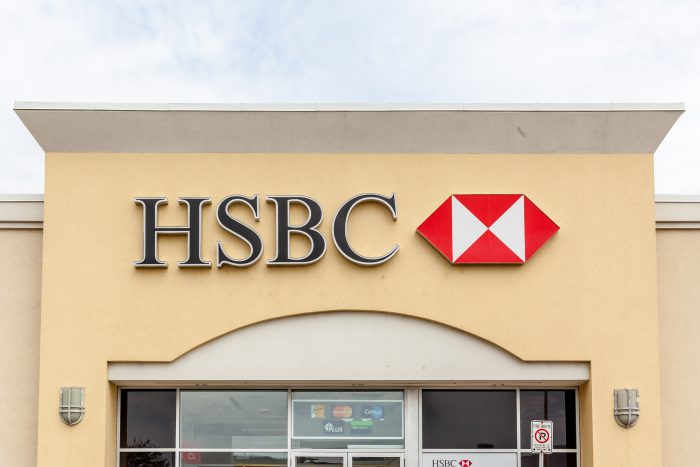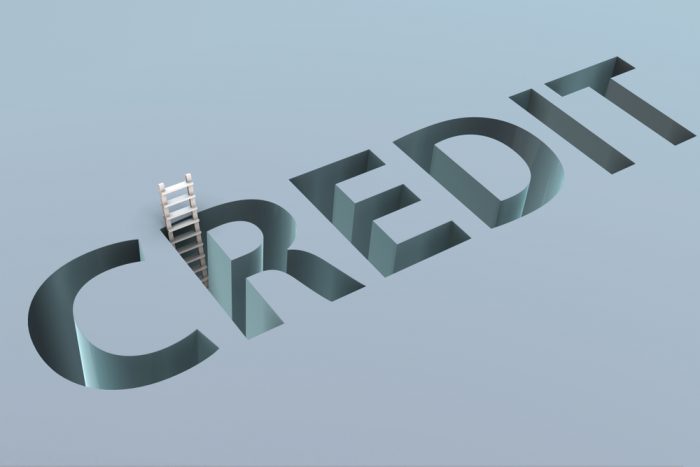The Mortgage Report – June 2
- HSBC Cuts: HSBC dropped two key variable rates:
- 5yr (regular): 2.25% to 2.15% (Prime – .30)
- 5yr (high ratio): 1.95% to 1.85% (Prime – .60)
- At the height of the COVID crisis, banks hiked their variable rates to prime – 0%. At the time, we wrote that variable-rate discounts will improve significantly once again. Well, it’s very slowly happening. HSBC is just the latest bank to trim its floating rates. It now has the lowest nationally available variable rate in Canada at prime – 0.60% (insured mortgages only). We’ll ultimately get back to prime – 1%, but your hair may grow 6 inches while you’re waiting.
- TD Cuts: Canada’s second-biggest bank by market capitalization has lowered the following special fixed rates:
- 3yr: 2.74% to 2.64%
- 5yr: 2.97% to 2.82%
- 5yr (high ratio): 2.69% to 2.59%
TD also dropped these posted fixed rates:
-
- 1yr: 3.44% to 3.24%
- 2yr: 3.54% to 3.39%
- 3yr: 3.89% to 3.79%
- 5yr: 4.99% to 4.84%
That 5-year posted rate cut is TD’s second in the past two months. Banks finally seem willing to drop 5-year posted rates again. If two more large banks match TD’s 4.84%, it could potentially ease the mortgage stress test another 10 bps.
- Bound to the Lower Bound: TD Economics expects rates at/near 0% until at least “mid-2022,” economist Derek Burleton said on an RPS panel. RBC’s Robert Hogue says it’ll be well into 2022 before the economy is back to “where we were.” He predicts that home prices will come under pressure in the fall. CIBC’s Ben Tal adds that unemployment won’t go back to normal for years. “We will be recovering into recessionary territory (of ~8%+ unemployment),” he forecasts.
- Get Closer to Zero: That’s the recommendation from Moshe Lander, professor of economics at Concordia University. He told the Financial Post: “The Bank [of Canada] is worried about pushing below its effective lower bound. I think it should be unconventional in these unconventional times and try a 10 bps decrease and see what happens.” If the BoC took his advice and banks also cut prime by 10 bps, it would be the smallest reduction in prime rate ever.
- Cheaper Non-Prime Mortgages: Rates are improving for credit-challenged borrowers, those with high debt ratios and those who can’t prove their income in a traditional manner. An example: One-year terms for self-employed borrowers with high debt ratios (above the 44% limit) and more challenging income validation and are now selling for as little as 3.69% at institutional lenders. That’s down roughly 30 bps in recent weeks.
- Spy Tip: If you’re shopping for a non-prime mortgage at a federally regulated lender, plan for a 1% lender fee as well. That’s the cost of doing business with a more risk-tolerant lender.
- Consumer Un-Confidence: “…Consumer confidence has plummeted to four standard deviations (SD) below its 2000-2019 average,” notes Capital Economics. Consumer confidence and home prices often have an intimate relationship.
- Vancouver Prices Hold Up: The city’s benchmark home price was down just 0.7% versus April, amid sales that were 54.4% below the 10-year May sales average.
- CMHC’s Underwriting in Review: CMHC’s CEO recently hinted at tightening qualification criteria on default-insured mortgages. Where does that stand? “We are currently reviewing our underwriting practices,” say CMHC. “If and when a decision is made and we have something to announce, we will do so directly.” CIBC economist Ben Tal says, “I will not be surprised…if [the minimum] down payment on insured will go to 10%.”
- New Multi-Unit Loan Restriction: Effective May 28, 2020, CMHC is prohibiting refinances on 5+ unit properties if the funds are an equity take-out or are used to make distributions to equity holders. CMHC says its multi-unit mortgage loan insurance products could see additional “product repositioning” over the next few months. No details on what that might entail, but the housing agency says it will consult with industry before making any changes.
- Quotable: “We think mortgage deferrals are obscuring underlying consumer credit quality…”—RBC Capital Markets. (The Big banks have deferred $180 billion in mortgages during the COVID crisis.)

 log in
log in


5 Comments
Could you provide a reference for the quote, “We think mortgage deferrals are obscuring underlying consumer credit quality…”?
I’d like to see the context to understand how to interpret it. On it’s own, I take it as RBC saying that consumer credit quality is good, but that the mortgage deferrals are making it difficult to quantify.
With consumer spending down, and government emergency funds possibly keeping income at pre-covid levels, there’s an argument to be made that consumer savings have increased.
https://thoughtleadership.rbc.com/covid-consumer-spending-tracker/
1.99% one year fixed or 1.95% variable
What would you guys take?
Hey flyphilly,
Other things equal and personally speaking, the former — assuming a risk-tolerant well-qualified borrower with fallback assets.
Of course, the answer will vary depending on the borrower’s circumstances.
Hi Ralph, It’s from a private RBC Capital Markets report that references expiring mortgage deferrals, rising loss ratios and the “calm before the storm.”
Hi flyphilly
Given today’s conditions, I’ll take 1.95% variable, which could even be lower in 2 years time. That of course depends on your risk tolerance.